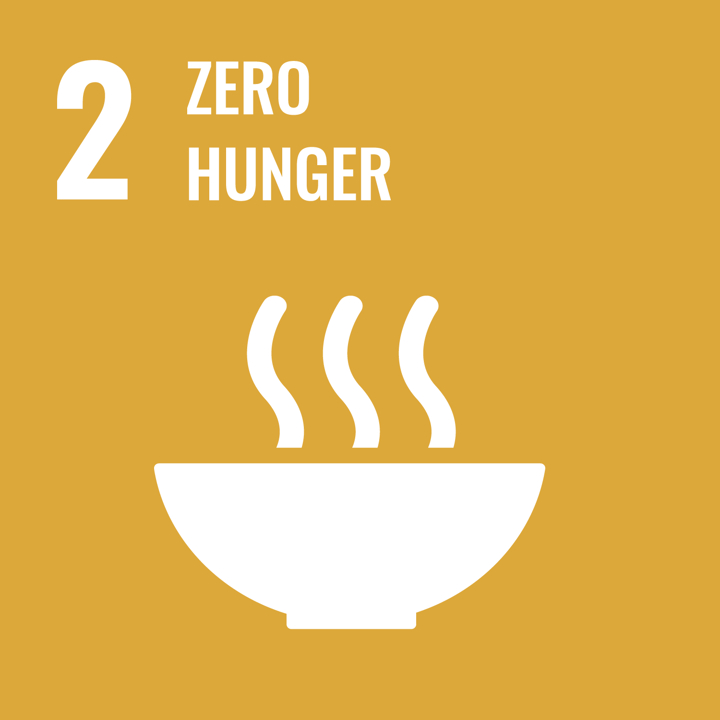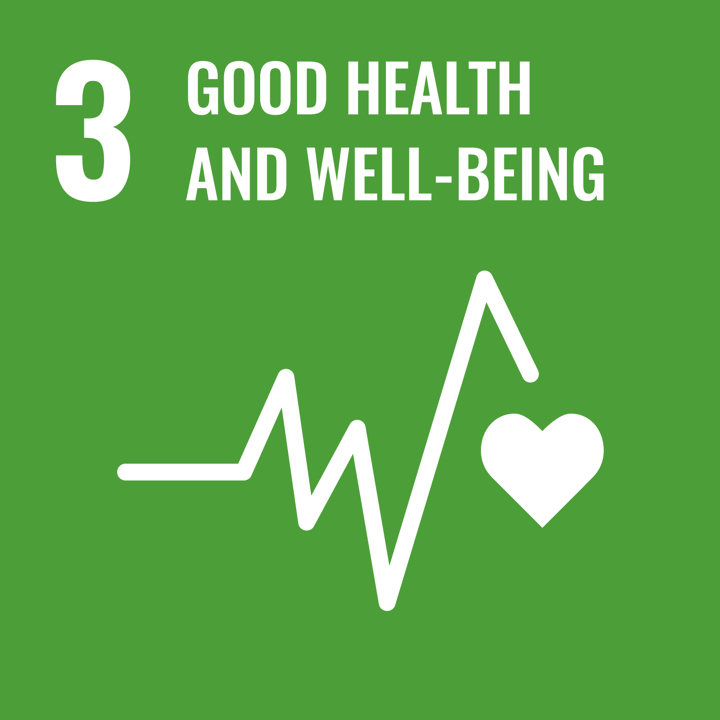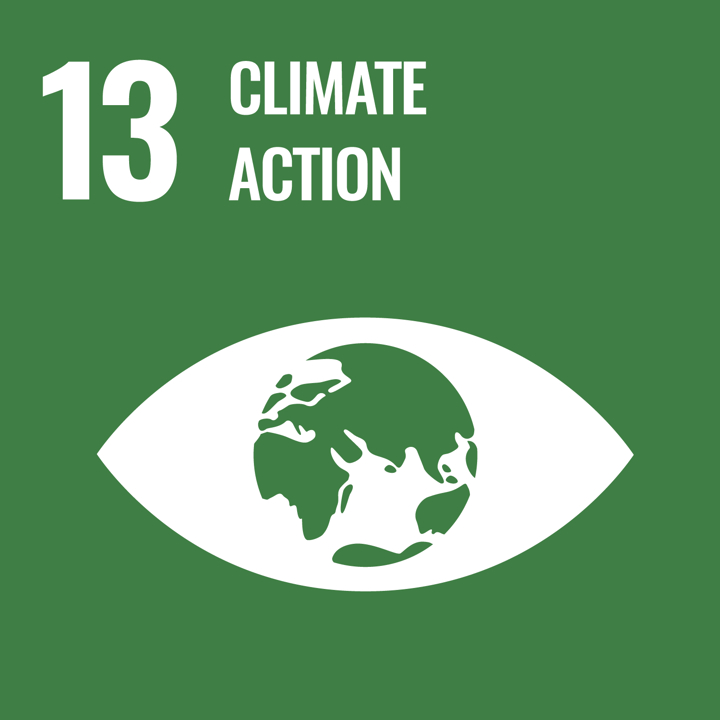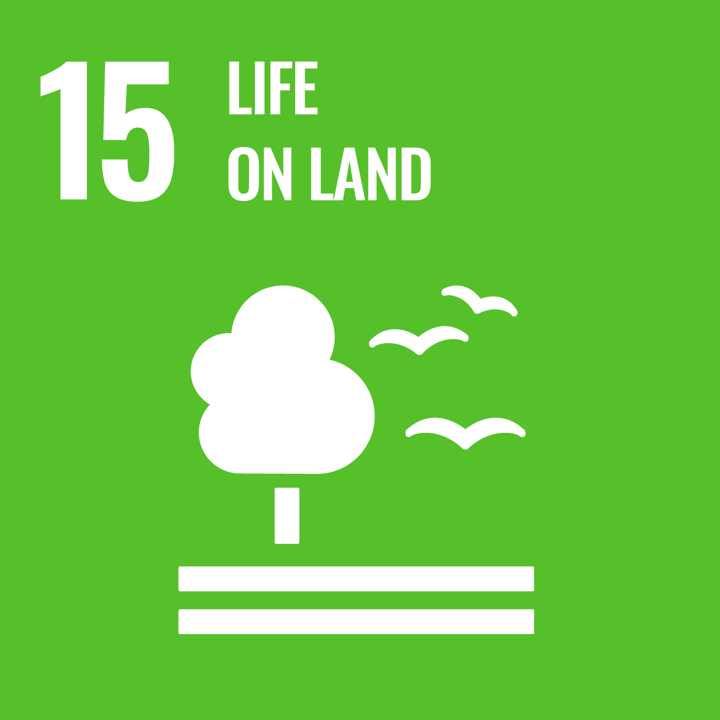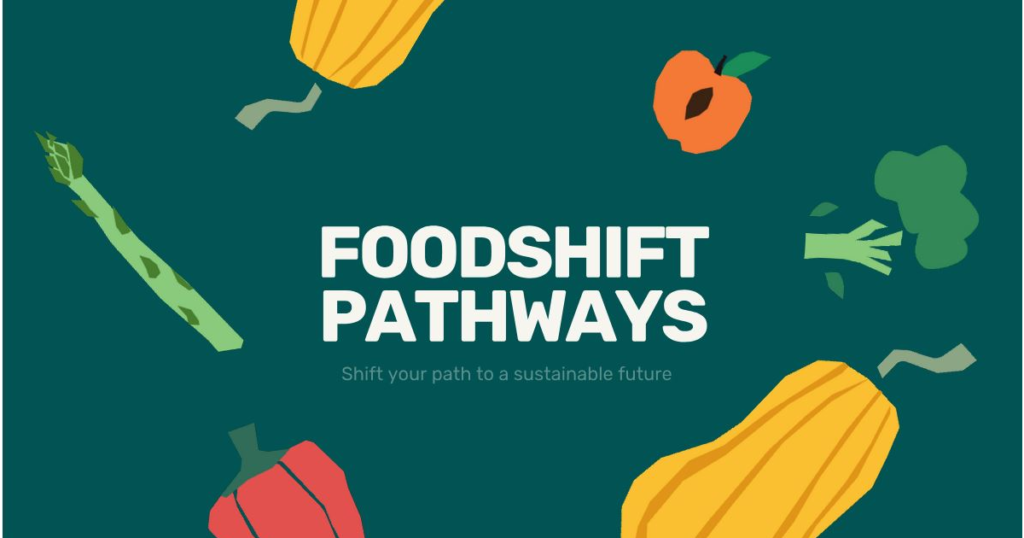
Intended End User: Teacher, Teacher Educator
Age Group: Lower Primary; Upper Primary; Lower Secondary; Upper Secondary
School Curriculum: Science; Social, Physical & Health Education; Social & Environment Science; Applied Science
Themes and Topics: Environmental Change; Food and Agriculture
Type of Resource: Game, Guidelines & Notes, Audio/Video, Lesson Plans, Project
Keywords: Sustainability, Food Systems, Biodiversity, Urban Farming, Community Collaboration
Languages: English
Description
The main goal of the Open Learning Scenarios (OLS) is to guide teachers to extensively address different topics related with the sustainability of food systems. With OLS, students are the center of the learning process, having an active role in building their own knowledge, not only within the school community, but also by developing collaborations outside the school with the surrounding community, through the engagement of diverse societal actors.
In addition to this open schooling approach, OLS also follow the living-lab methodology, adapted to the different context of schools and school communities, where students are at the same level of involvement as societal actors, becoming all together co-creators in real-life scenarios, contributing to the resolution of food system related problems that affect the whole community.
This resource is consisted 60 scenarios that are connected with 6 videos that are ready to be implemented by the teachers.
How to use this resource
The Open Learning Scenarios (OLS) resource provides 60 learning scenarios and 6 accompanying videos designed to help teachers guide students in addressing food system sustainability through open schooling and living-lab methodologies. To use this resource:
- Select a Scenario: Choose from the 60 scenarios based on the topic or challenge relevant to your curriculum or local community.
- Watch the Videos: Use the accompanying videos to introduce the topic and spark discussion among students. Each video concludes with a dilemma for students to explore further.
- Facilitate Collaborative Learning: Encourage students to engage actively by brainstorming, discussing, and co-creating solutions for the posed challenges, integrating contributions from societal actors when possible.
- Implement Living-Lab Methodology: Guide students in applying their learning to real-world settings by working collaboratively with the school community and external stakeholders to address local food sustainability issues.
- Evaluate Outcomes: Reflect on the solutions developed, their feasibility, and their potential impact on food system sustainability, fostering critical thinking and problem-solving skills.
The resources
Initial Open Learning Scenarios PDF:
Learning Outcomes
- Elicit prior knowledge and further develop knowledge and comprehension of key Sustainability Citizenship key concepts, challenging established worldviews and values.
- Apply a range of suitable tools and frameworks to promote student Sustainability Citizenship
- Collaboratively synthesise the knowledge, tools and frameworks to create educational materials and lessons plans adapted to their own local context
- Through workshop activities and communities of practice, build capacity and agency as Sustainability Citizenship educators and leaders.
Green Competencies
- Embodying Sustainable Values: Valuing Sustainability; Supporting Fairness; Promoting Nature
- Embracing Complexity in Sustainability: Systems Thinking; Critical Thinking; Problem Framing
- Envisioning Sustainable Futures: Futures Literacy; Adaptability; Exploratory Thinking
- Acting for Sustainability: Political Agency; Collective Action; Individual Initiative
Creative Commons
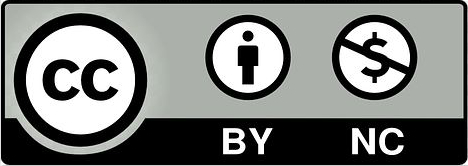
This work, Open Learning Scenarios (OLS), is licensed under a Creative Commons Attribution-NonCommercial 4.0 International (CC BY-NC 4.0) license. The resource was developed by Gisela Oliveira, Joana Vieira and Inês Almas.
SDGs
